More About Homeschooling. Six Classic Questions
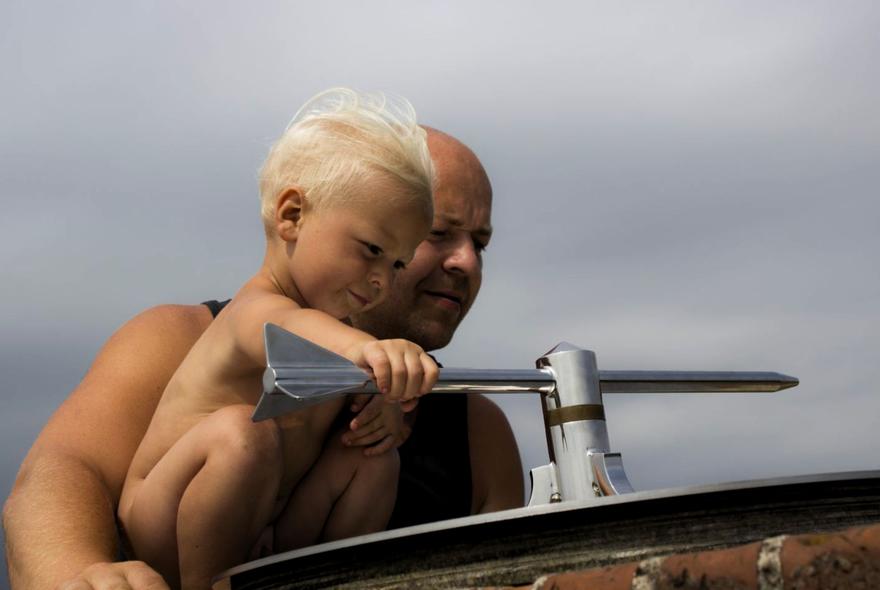
Question 1: Are there exams?
Yes and no. That’s up to you. There was so much I didn't know before I took my kids out of the school system. The public school's graduation exam is - for example - voluntary. Education is compulsory, but exams are not. It's actually the opposite. You have the right to take (missing word) and to get papers proving what you have learned. So for homeschooling families, it is a personal choice as to whether there are exams after ten years or not.
You can choose to ask your children to take an exam at your local school, and they will get the same certificates as your neighbor's children. You can also create your own exam if you want to. If you're going to go further in a traditional school system, such as secondary school, it's possible to be admitted through an audition, which for many, is more relevant and motivating than an exam.
In our family, with never think about The Endgame. With live our lives here and now. The good life. We are totally confident that this life is the best for our children, both short and long-term.
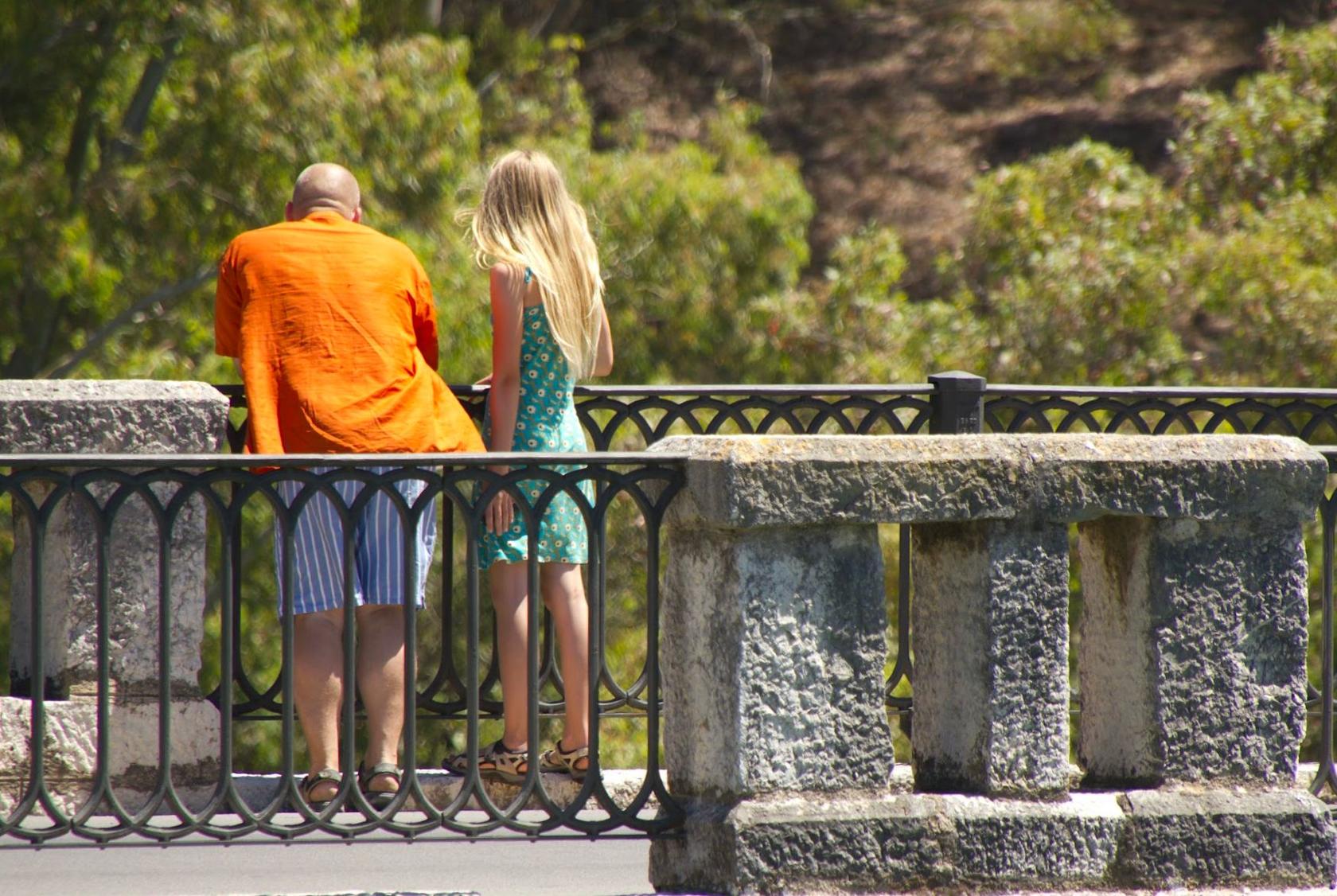
Question 2: How do you ensure that they learn what they need to? Is it just that you have full confidence in yourselves and, not least, the children?
Well, it is pretty complicated, and our relationship with it is always becoming more nuanced. But the short answer is: Yes. Yes, we have full confidence. But as opposed to saying full confidence in ourselves or the children. I would rather say full confidence in the process of life.
We are super sure that our children’s lives will be even more varied than ours. If we look back a couple of generations, my grandmother washed clothes in a huge cauldron, and there were horses and carts on the streets of Copenhagen. No one back then would have guessed that she would ever enjoy Facebook on her iPad or study Latin using intelligent apps.
In the same way, it is impossible to see into the future. To the reality that the world is theirs, and it is our turn to be old. Therefore we don’t know what they need to learn.
But we know that they are learning. On the whole, we don’t have requirements for what they should learn. Instead, we are just available as a catalyst. As friends. We answer questions, ensure material, travel, and find challenges; we ensure they are engaged and that we can be bothered to explore with them. It is a lot about being conscious.
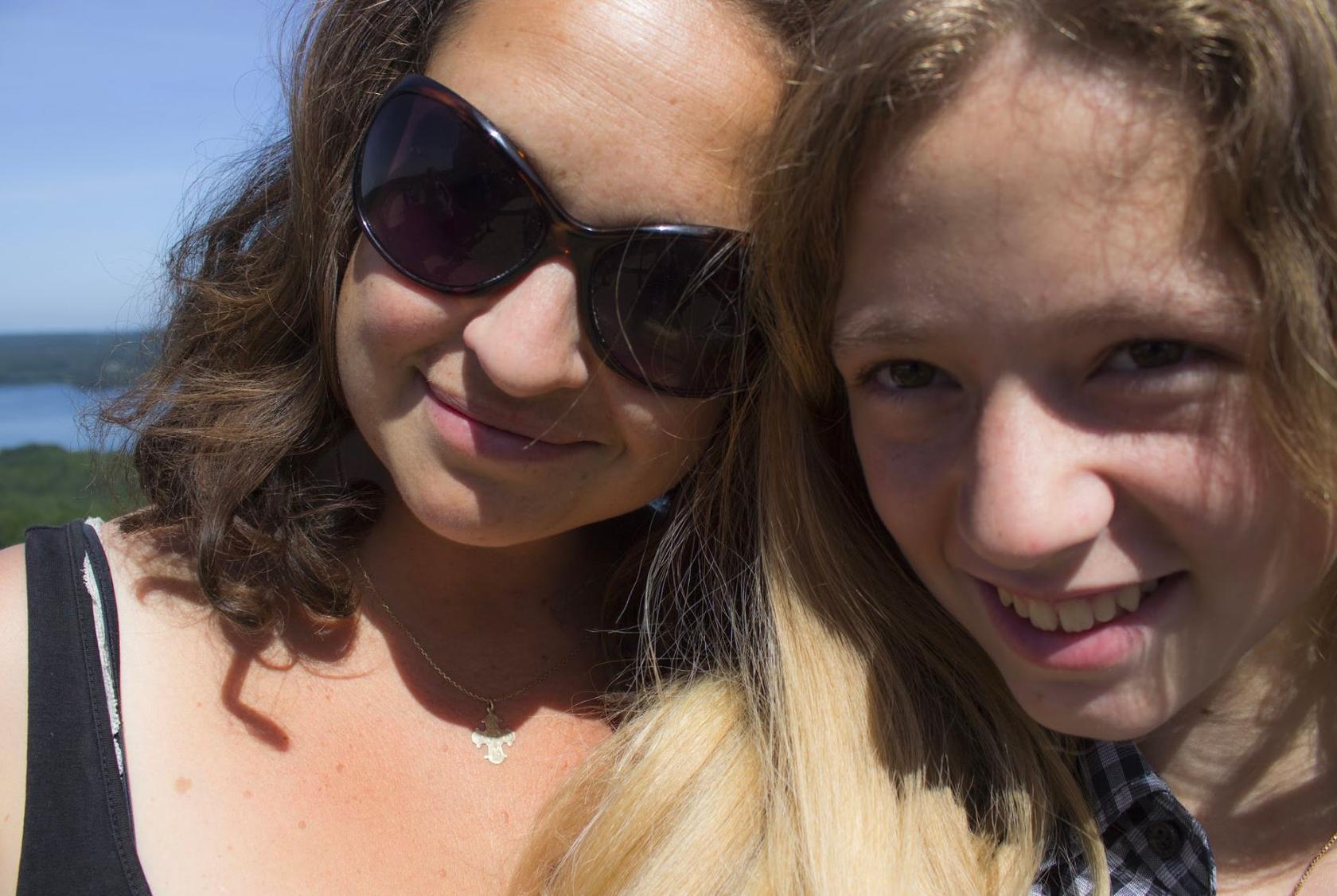
A life in learning mode.
We aren't strategic. We are not super teachers, we are hungry to live an interesting life, and we find all kinds of things crazy interesting. Therefore we explore and investigate; we travel and experience; we build and sew and paint and do breathing exercises, read articles, and play games. We are always on the road to new horizons. The children's engagement is taken seriously, whether it is about Alfons Åberg (a children's storybook character), Latin, seagulls, Minecraft, or baking cakes. Their engagement is just as important as ours, and we are sure that the intelligent, curious, excited, persistent, and wholehearted option is the best learning method and curriculum.
There are so many things that we think are edifying and interesting for our kids to learn about on many levels. Academic or not, we introduce anything that we think is good. But we don't shove it down their throats. That's the difference. We present and find out if it captivates them or not: maybe we'll come back to it another time, maybe not. There's no need for everyone to do and know the same things, so there are very few mandatory elements.
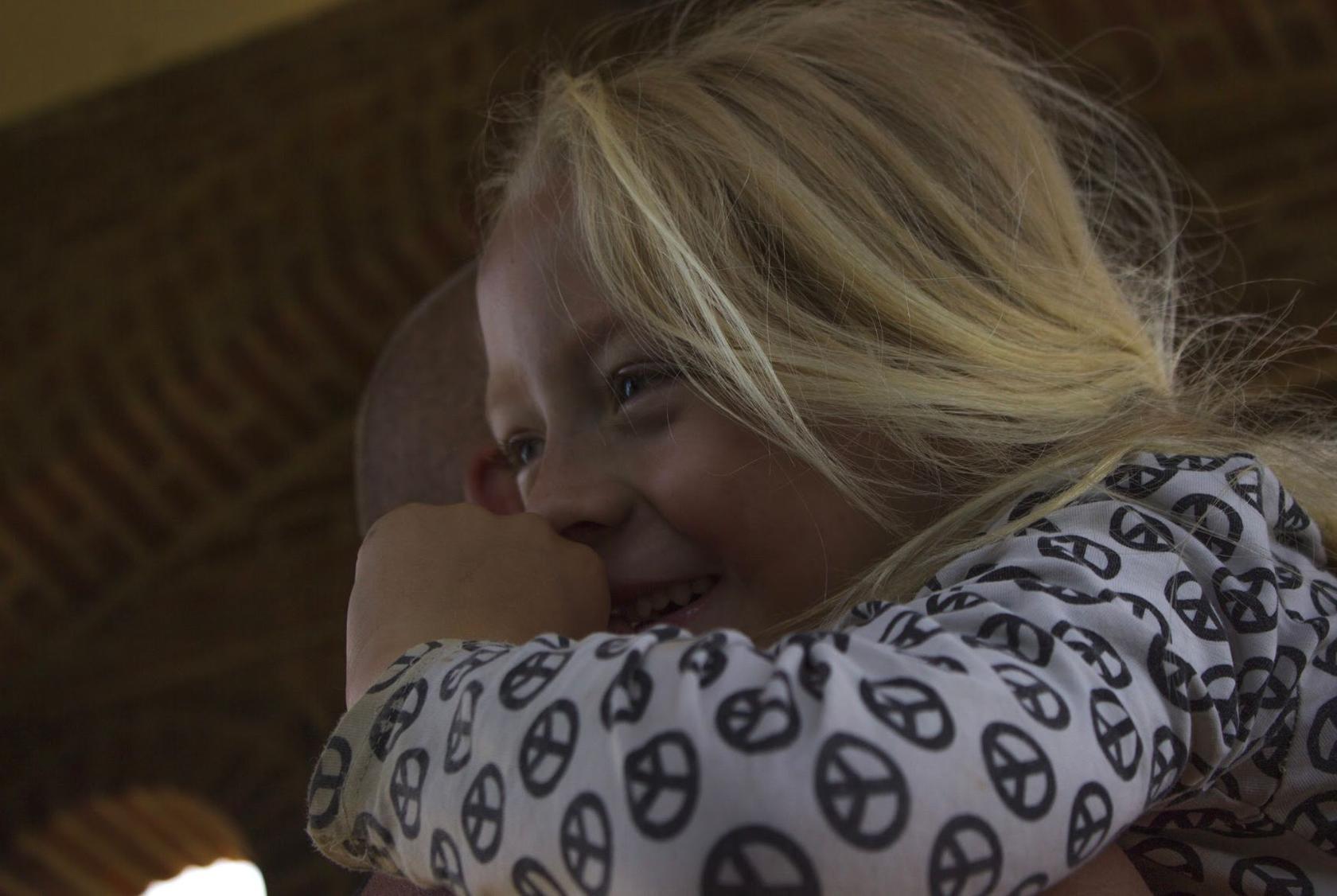
Question 3: Is there supervision from the municipality?
Yes, there is. How it works can vary. It depends on the supervising person and the collaboration. If you are seriously considering homeschooling, I suggest visiting frilæring.dk, where the process is explained in detail. You can also sign up for the Home School Association.
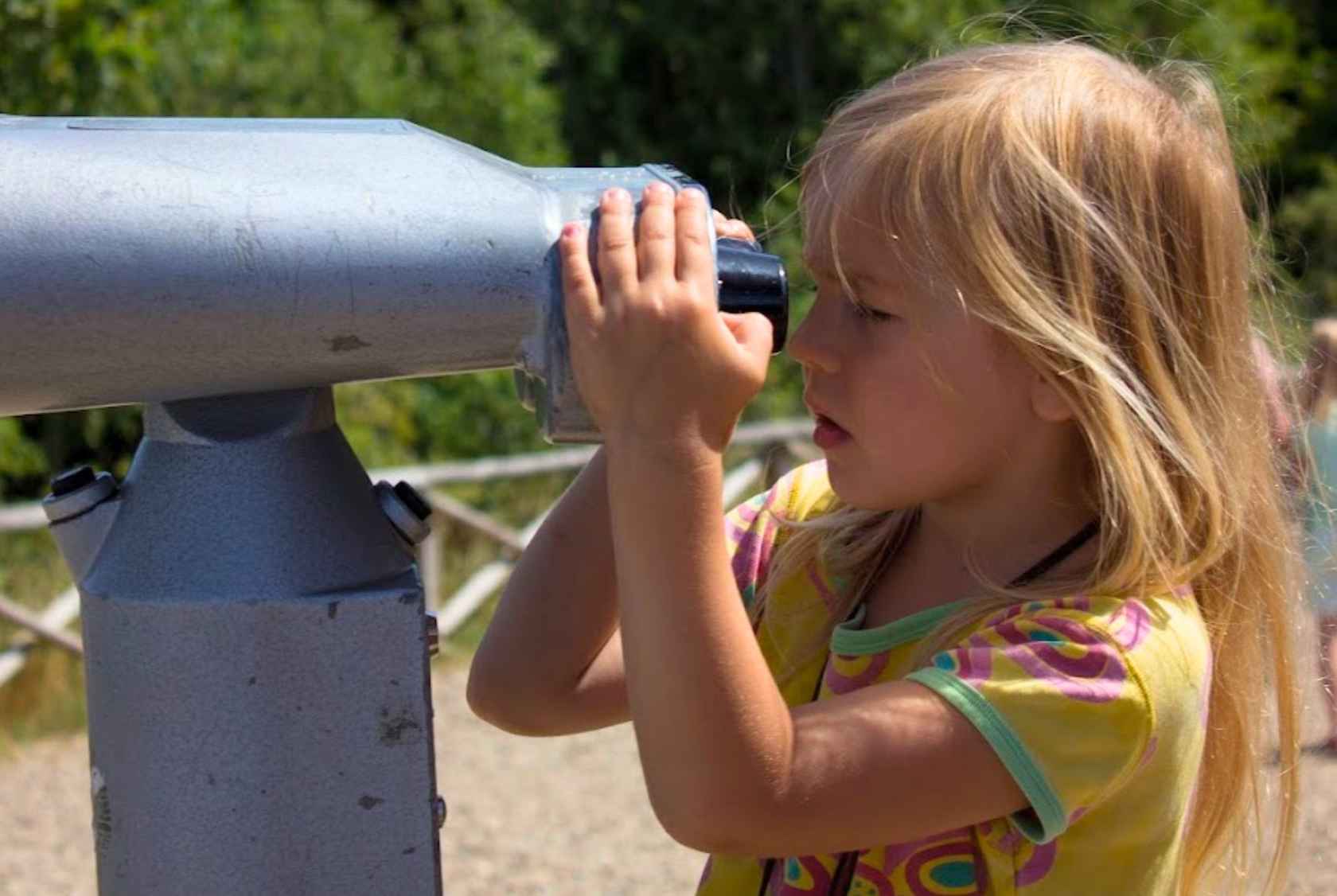
Question 4: How do the children make friends when they are not in school, which is otherwise the prominent place.
I have written an article called Home Children and Socialising, which focuses on this topic, and I highly recommend it, but I can otherwise give a short explanation here:
- Children (as adults) don’t need to be around friends 10–12 hours per day
- Children (as adults) are happy for freedom and peace
- Children (as adults) establish friendships in the communities they become a part of. There are many other communities outside of school. The Homeschooling network is reliable, but the closest homeschooling family may be far away. In this case, there are children in the neighborhood, friendship circles, or scout associations.
But most importantly: when you no longer drop your kids off at school, friendships become less critical because you are always together. I have three children, and they find it a great joy to be together. I can, of course, only give my opinion based on that. But the bottom line: they were happy to have friends when they went to school, and they are still very happy now. Actually, even more so.
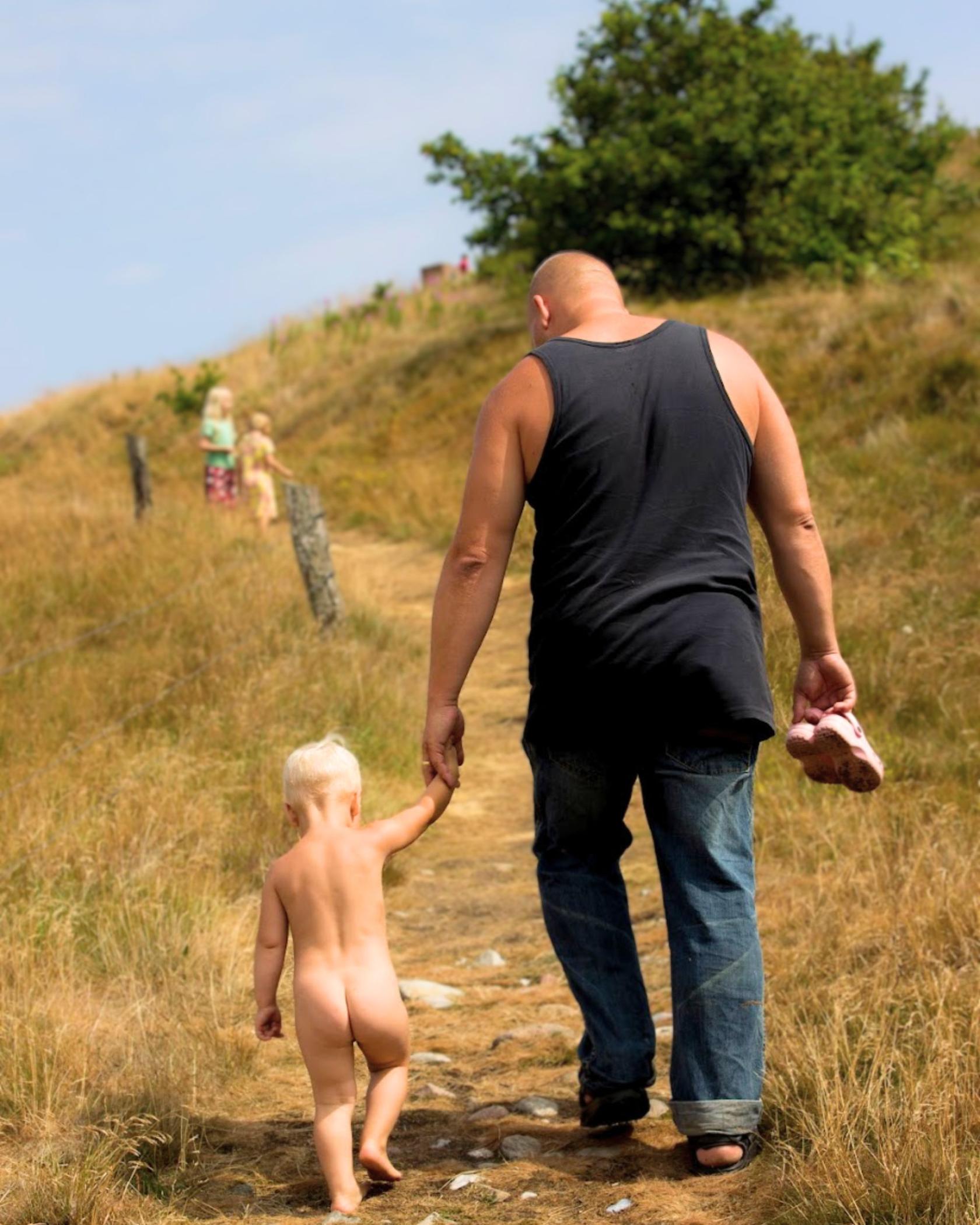
Question 5: What have you learned about life after homeschooling? If — for example — High School is the first institution you meet, can it be perceived as something different?
Short: None. We are not worried. We believe that when our children live a meaningful and joyful and safe, and happy life NOW, the future is bright. We do not believe in curing children towards a bad future. We do not think the future is evil.
Yes, there will be changes in life. This is true in home-based childhood, as well. But our children will learn to notice, learn to say on and off, and they will be able to feel if an education, a job, or a context is right for them. It's a cool competence. But. Basically, just something I'm thinking now that I'm being asked.
We live in the present. And right now, this is just the right thing for us. Don't forget that we have one more child who enjoys going to school. We are not against school. We are not opposed to diversity and change. We are for the good life. Weekday. Always.
As anyone will know, I am a cancer survivor, and that puts things a little in perspective. We do not live a strategic life to land a certain place in ten, twenty, or thirty years. We live our lives every single day because that's what it's all about. And we make sure that we all have the opportunity to live a life that is meaningful, joyful, fun, and present.
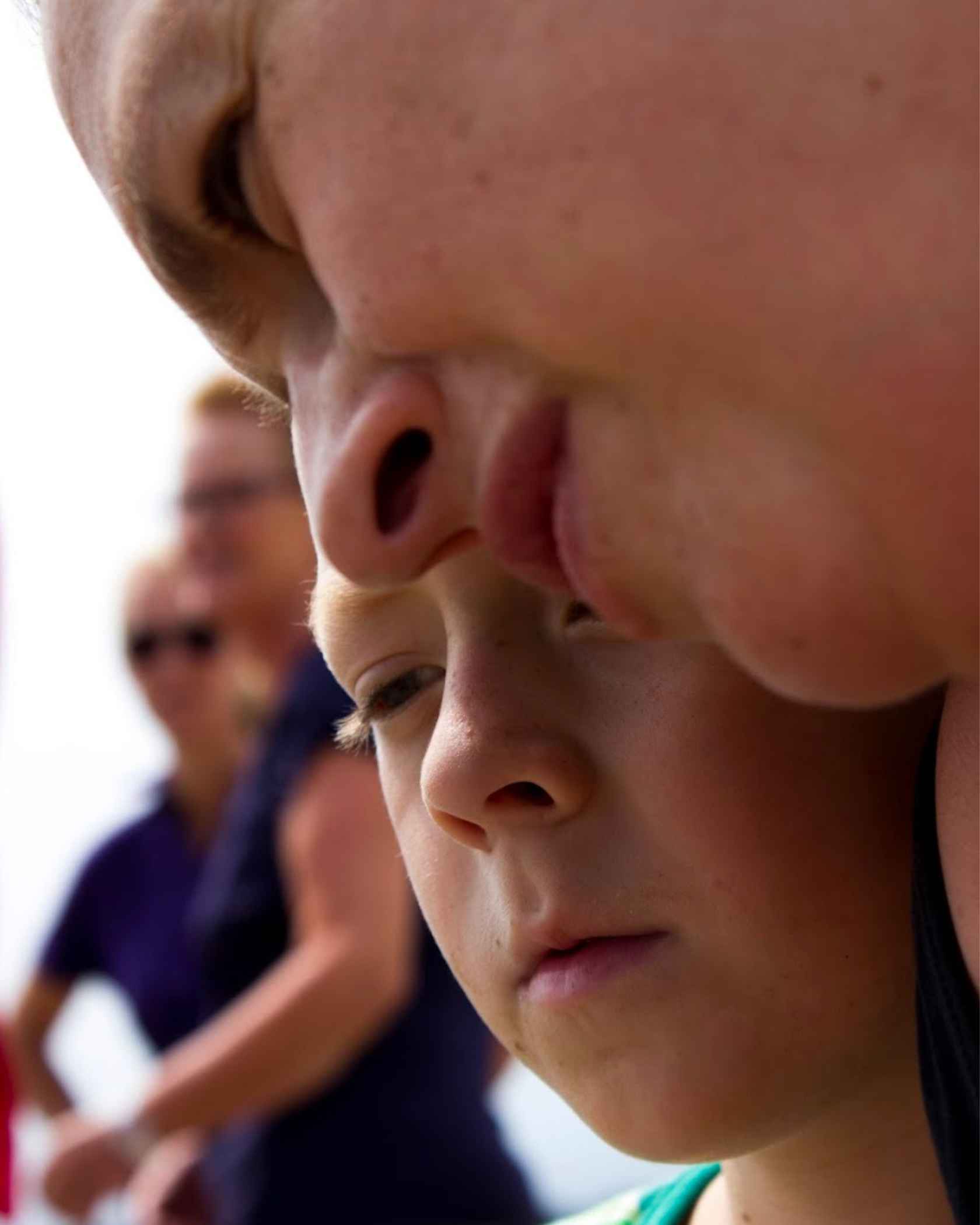
Question 6: Have the children chosen themselves?
Yes. Short and sweet.
Yes.
The long story about our road to homeschooling doesn’t belong here. The short story is yes. To the highest degree. Yes.
I will stop here, totally bummed up with the flu. I reckon it can be used for something. At the time I had to make the decision, I swallowed all the information on the topic I could find. Don’t hesitate to ask further. I’m sharing. Still. I want to.
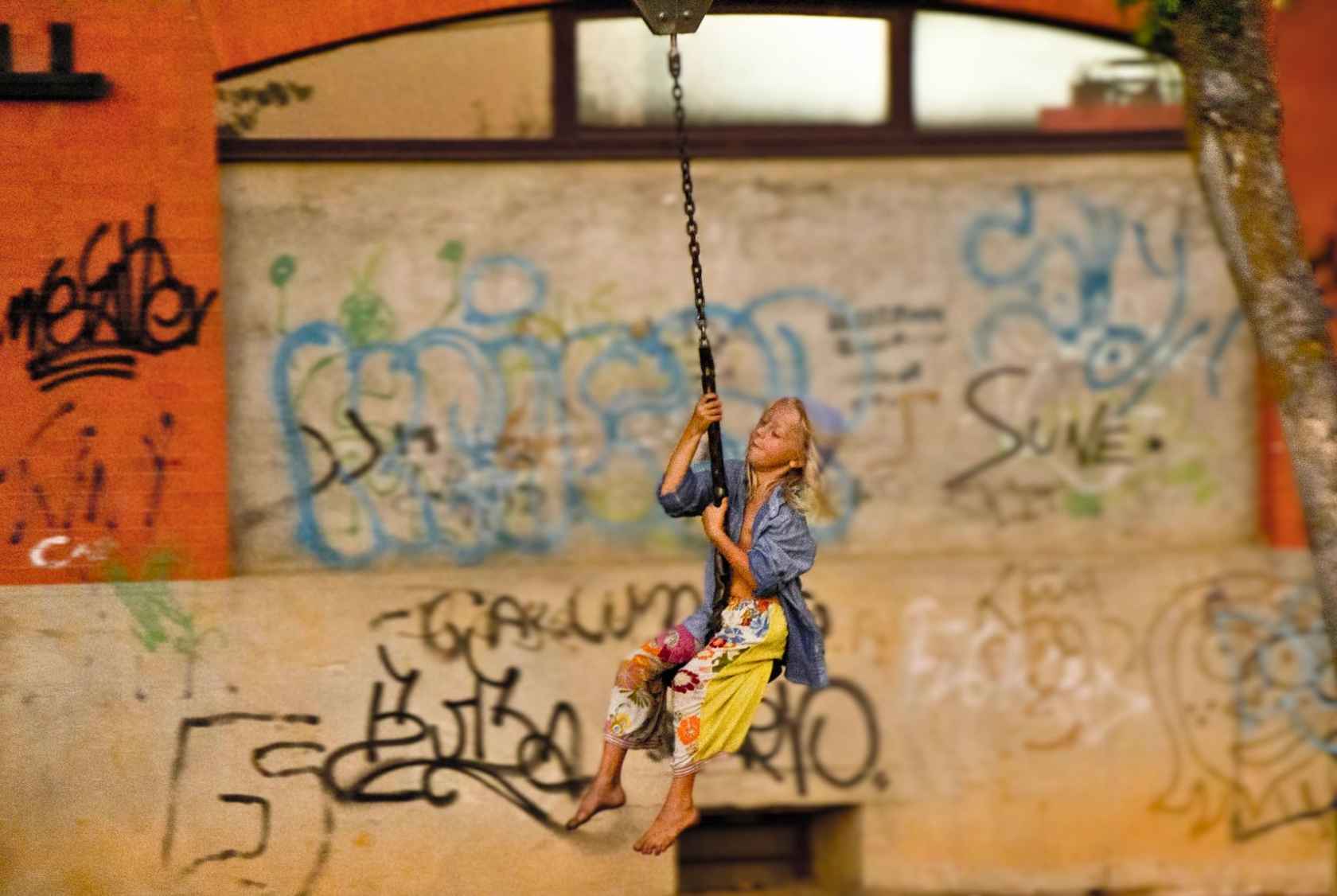
May the sun shine on you

Cecilie Conrad
Have you read the latest articles by Cecilie Conrad?
Here you can find my latest writing - It is a mix of my blogposts and 2023 journaling. I hope you will enjoy it :)
Where are we now?
Want to stay up to date with our travels and podcast? Then sign up for our weekly newsletter


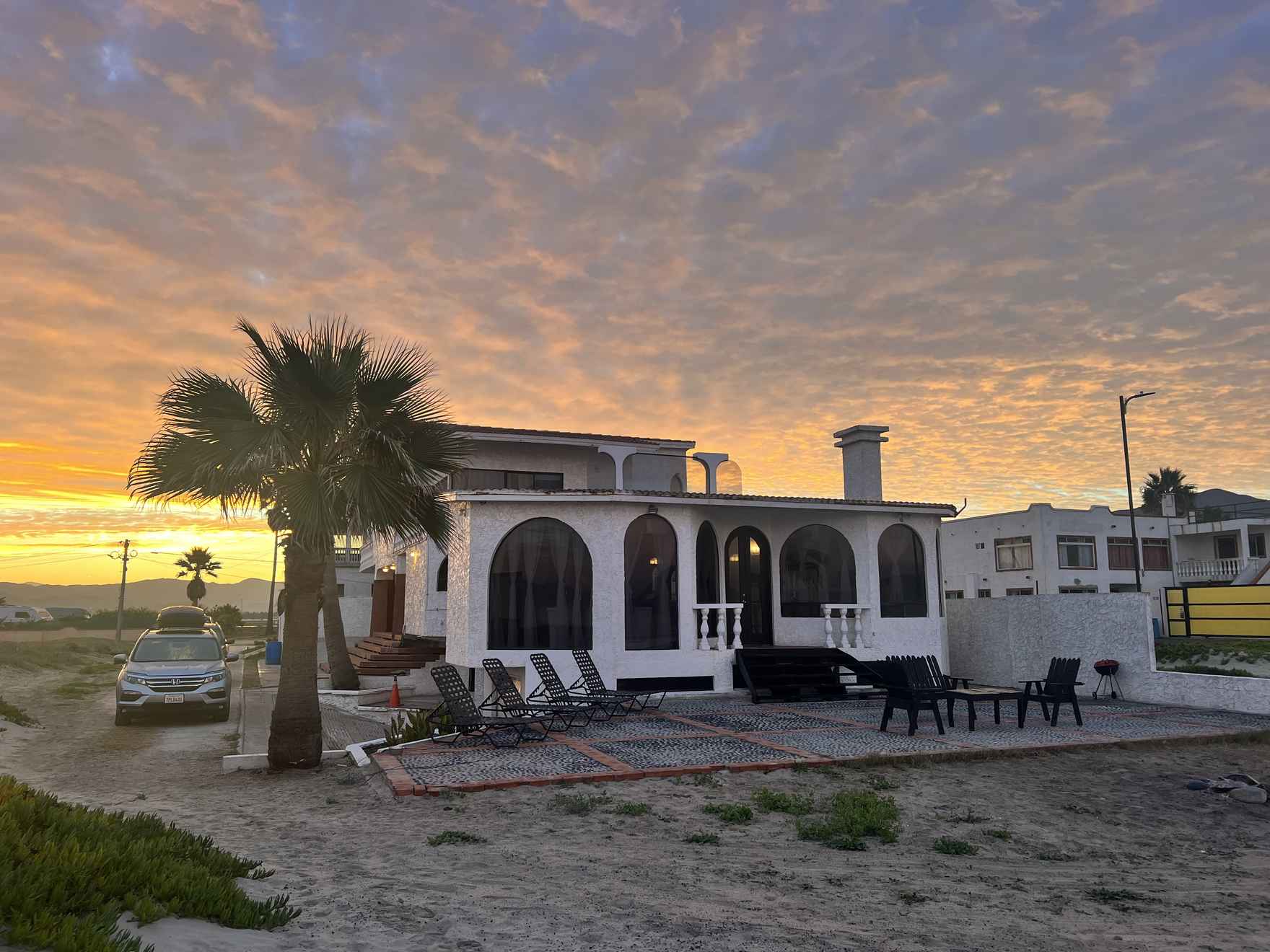
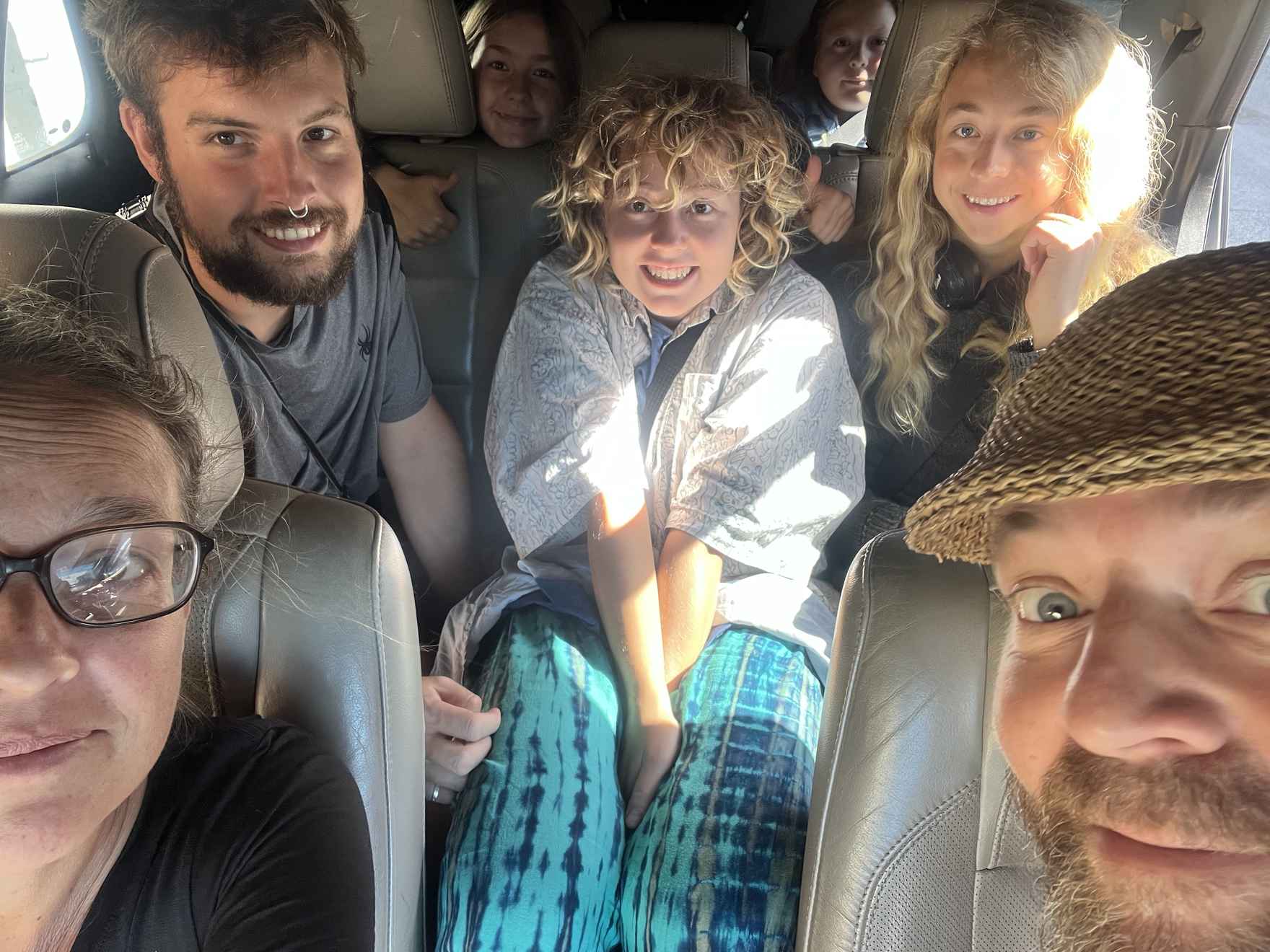
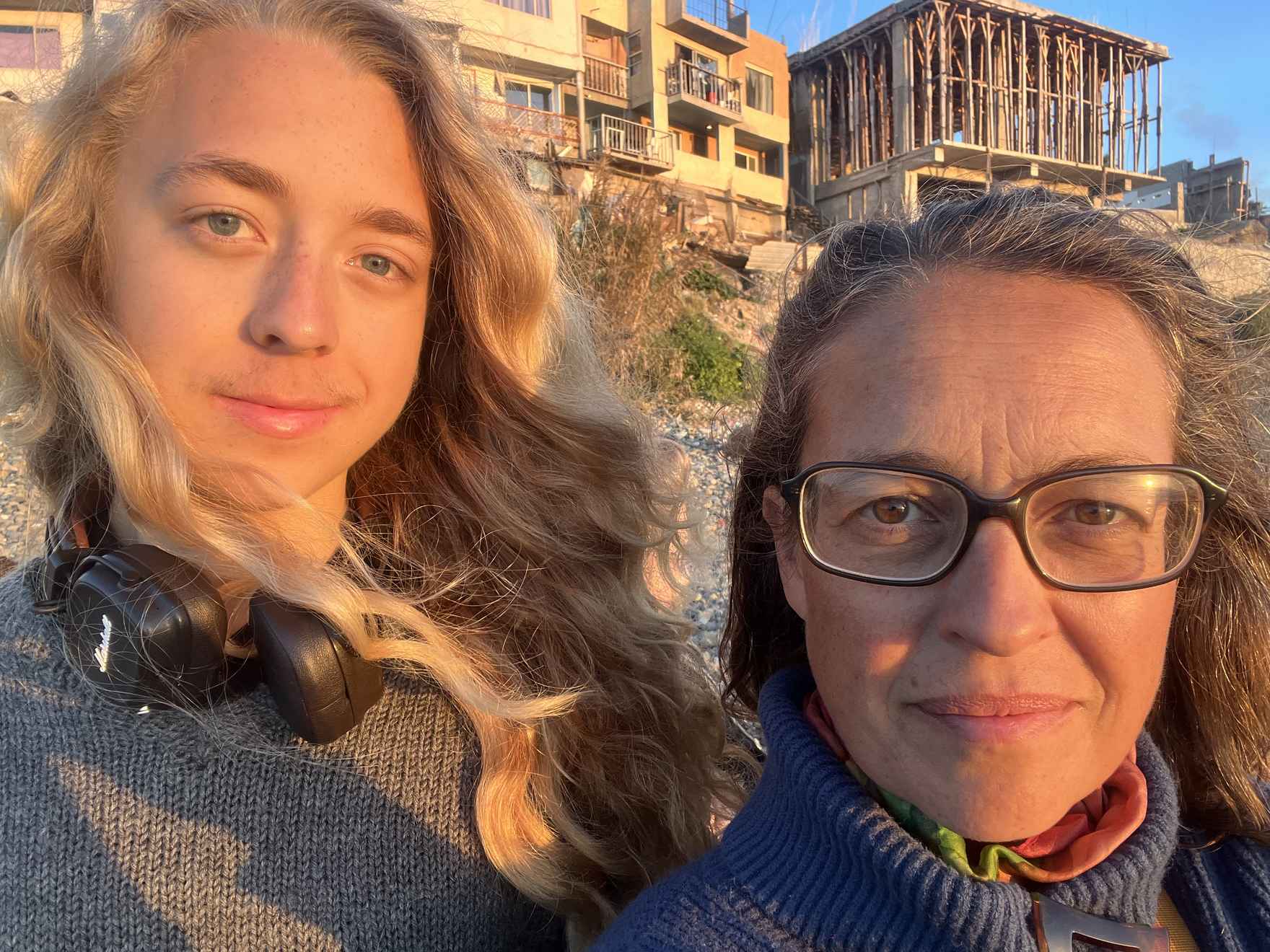


0 comments
Leave a comment